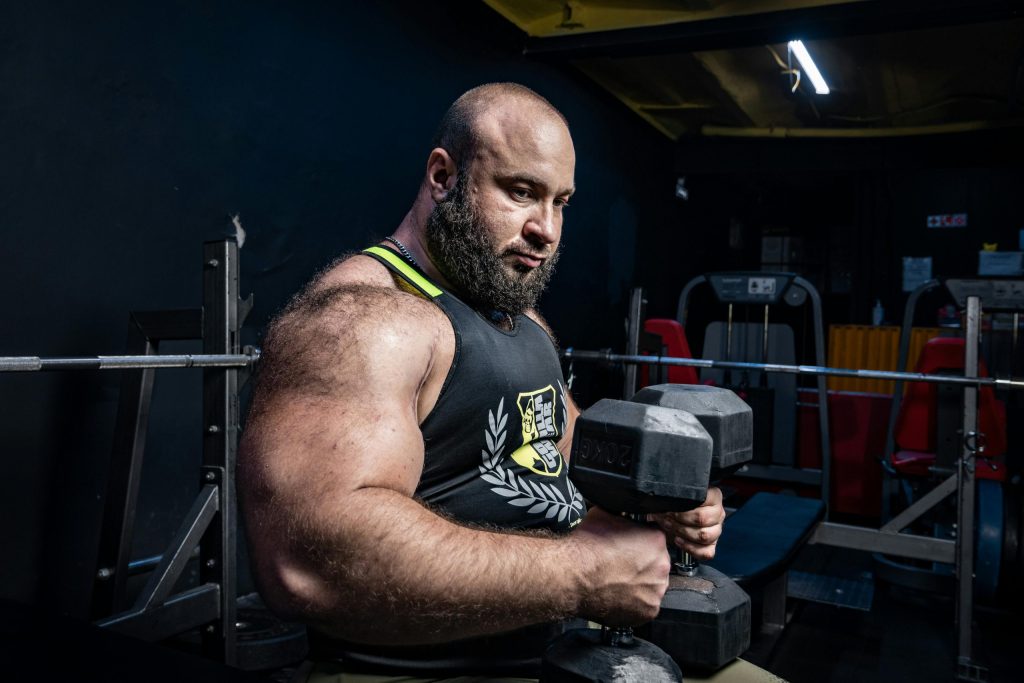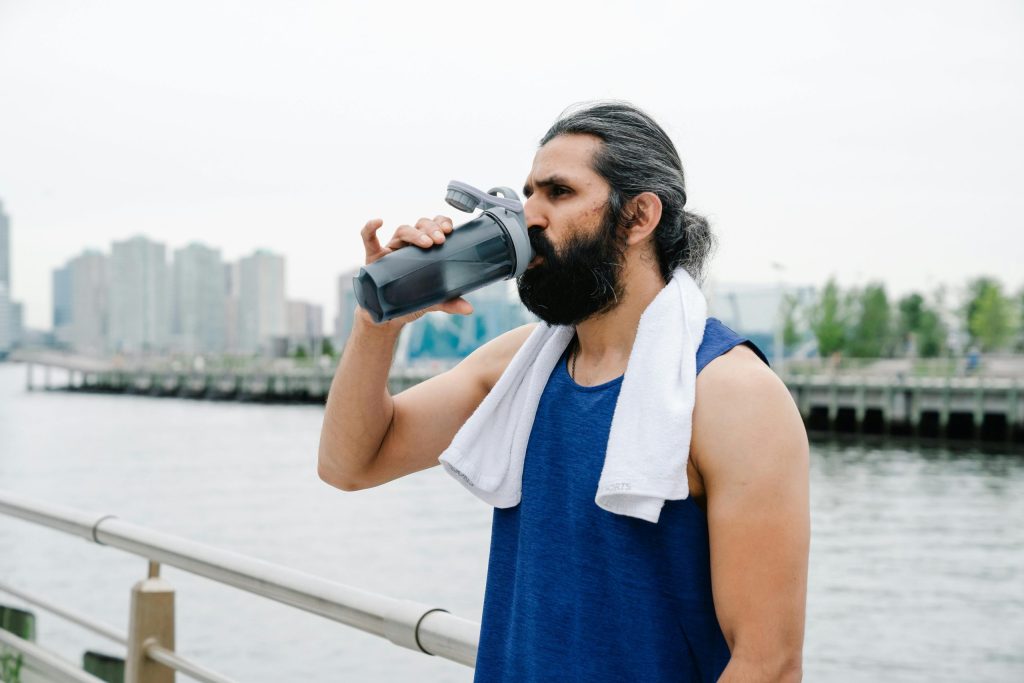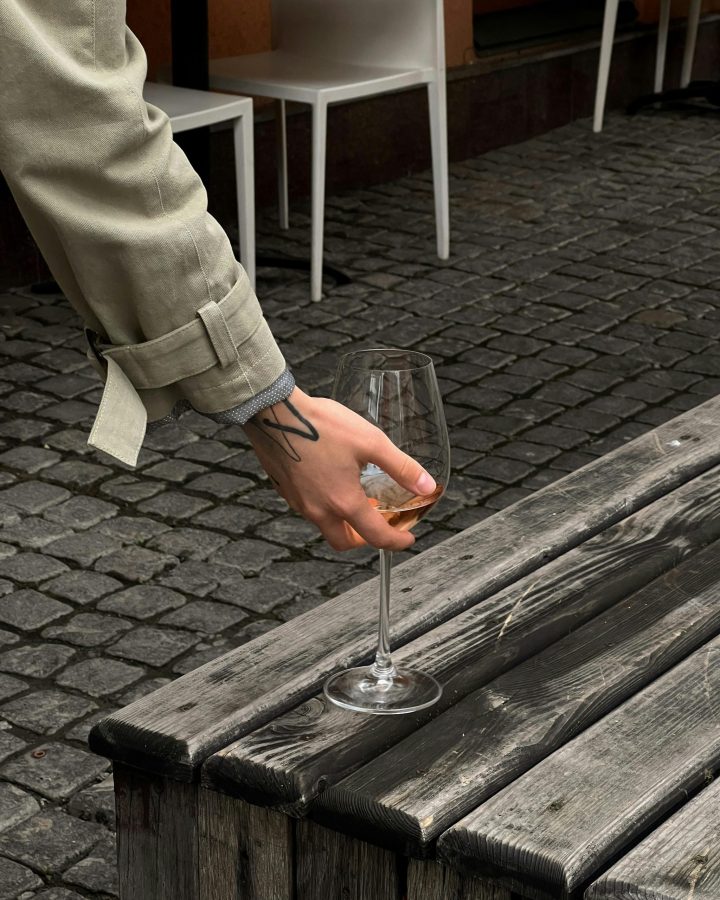How to quit drinking after 40 is a challenge many people face when alcohol starts affecting health, energy, and relationships. In your twenties or thirties, the body can handle alcohol more easily, but after forty everything changes. Even small amounts can leave you drained the next day. I know this from experience—deciding to quit drinking after 40 became one of the most important steps toward regaining my health and living with more energy.
Why It’s Important to Quit Drinking in Midlife
After 40, even so-called “moderate” drinking can trigger blood pressure spikes, heart problems, and raise cancer risk. Research shows that regular alcohol use nearly doubles the risk of cardiovascular disease (Harvard Health).
When I was just over forty, I noticed how even a single glass in the evening left me exhausted the next morning. The more I drank, the worse it was. Sometimes I couldn’t even get out of bed until midday. Even small amounts affected my mood—I felt irritable, apathetic, nervous. My sleep became unstable: I woke up in the middle of the night and struggled to fall back asleep. In the mornings I had no energy, no motivation, just a growing sense of emptiness. I knew this couldn’t continue—it was a road to nowhere.
Quitting in midlife isn’t just about health. It’s about mental clarity, more energy, and feeling like you’re back in charge of your own life.
Why It’s Hard to Quit Drinking After 40
By 40, alcohol is often woven into daily routines: Friday beers to “unwind,” wine with dinner, and drinks on holidays. Habits become rituals.
There’s also the psychological barrier: “I’m not young anymore, why change now?” But in reality, midlife is the perfect time to rebuild your life with more purpose.
I made several attempts to quit, but the habit was so ingrained that any celebration—birthdays, dinners with friends, family gatherings—always came with alcohol. When I tried staying sober, events felt dull and empty. I couldn’t imagine relaxing without a drink.
I also tried the “just a little” approach. Sometimes it worked for months, even half a year. But eventually I lost control and slipped back. It was especially hard in social settings. When everyone was drinking and I wasn’t, I didn’t want to stand out. It felt easier to pour myself a glass just to be “on the same wavelength” with the group. At the time, I really believed alcohol helped me relax and “reset” my mind. But eventually I realized it was a lie—it only drained my energy and made life harder.
How to Quit Drinking After 40: Step-by-Step Advice
Many people ask how to quit drinking on their own without relapsing. Here’s what worked for me and what experts recommend:
- Acknowledge the problem. Nothing changes until you stop telling yourself, “I don’t drink much.”
- Make a plan. Decide clearly when and how you’ll quit.
- Replace the ritual. Alcohol isn’t about taste—it’s about routine. Replace it with exercise, walks, or new hobbies.
- Seek support. It’s easier when friends or family know about your decision.
- Get professional help. Therapists or support groups can make a real difference in tough cases (NIH).
I had many reasons to quit for good. Trying to “drink less” never worked—I always lost control eventually. I noticed how much time alcohol was stealing. Whole mornings wasted lying in bed, days lost to apathy and fatigue. After forty, I realized I didn’t want to live like that anymore. Alcohol no longer gave pleasure; it only drained me. I made a firm decision to start a new life, quit drinking for good, and take up exercise. That thought—“this is my new life”—kept me going and stopped me from slipping back.

After I quit, getting active made everything easier. If you’re ready to rebuild strength safely after forty, see my detailed guide: How to Build Muscle After 40.
What Happens When You Quit Drinking After 40
People often ask: what happens when you quit drinking after 40? The simple answer is: your body starts healing.
- After 1–2 weeks: sleep improves and irritability fades.
- After 1 month: blood pressure stabilizes, liver function improves.
- After 3–6 months: memory, mood, and appearance get better (Mayo Clinic).
But let me be honest—those “two-week miracle” promises you read online are misleading. If you’ve been drinking for years, recovery takes longer. My first year was tough: sometimes I still felt like I was waking up hungover, even though I hadn’t touched alcohol. But after a month I noticed the first real changes. My sleep was calmer, I stopped waking up at night, and I could finally fall asleep without alcohol. Slowly, I gained energy and started feeling motivated again. That gave me hope and reinforced my decision to stay sober.

Quitting Drinking and Starting a New Life
Giving up alcohol isn’t about losing something — it’s about getting your life back. At first, it feels strange to face evenings, weekends, and stress without a drink, but it’s also the moment you begin to see who you are without the fog. It’s the start of a cleaner, quieter, more honest version of your life.
The early months felt uneven. Some days were easier, other days felt heavy and slow. But gradually small changes started to appear: sleep became steadier, mornings felt clearer, and my body stopped reacting to stress as sharply as before. These improvements were quiet, but they showed that something inside me was finally shifting.
Still, the first year wasn’t simple. Even with physical improvements, emotional clarity came slowly. After years of drinking, my brain needed time to relearn how to feel joy and motivation on its own. Life felt flat at times, but it was bearable — and each month brought a little more light than the one before.
The Consequences of Quitting Alcohol: Pros and Cons
Every decision has consequences. Here are the main ones of quitting alcohol:
Pros: better health, more energy, saving money, stronger confidence, more time for life. Cons: the first weeks are hard, relapses are possible, and you need to relearn how to relax and cope with stress without alcohol.
Yes, it’s difficult at first. But I realized these cons are temporary, while the pros are permanent.
Conclusion
How to quit drinking after 40 isn’t about “missing out.” It’s about improving your quality of life. Yes, it’s not easy in midlife. But that’s exactly when you see how precious life is—and you don’t want to waste it on alcohol.
I’m convinced quitting was one of the best decisions of my life. It gave me energy, clarity, and the ability to truly appreciate every day. In the end, learning how to quit drinking after 40 is not just about giving up alcohol — it’s about building a healthier and more meaningful future. If you’re still unsure, take it from me—sobriety is worth it.

